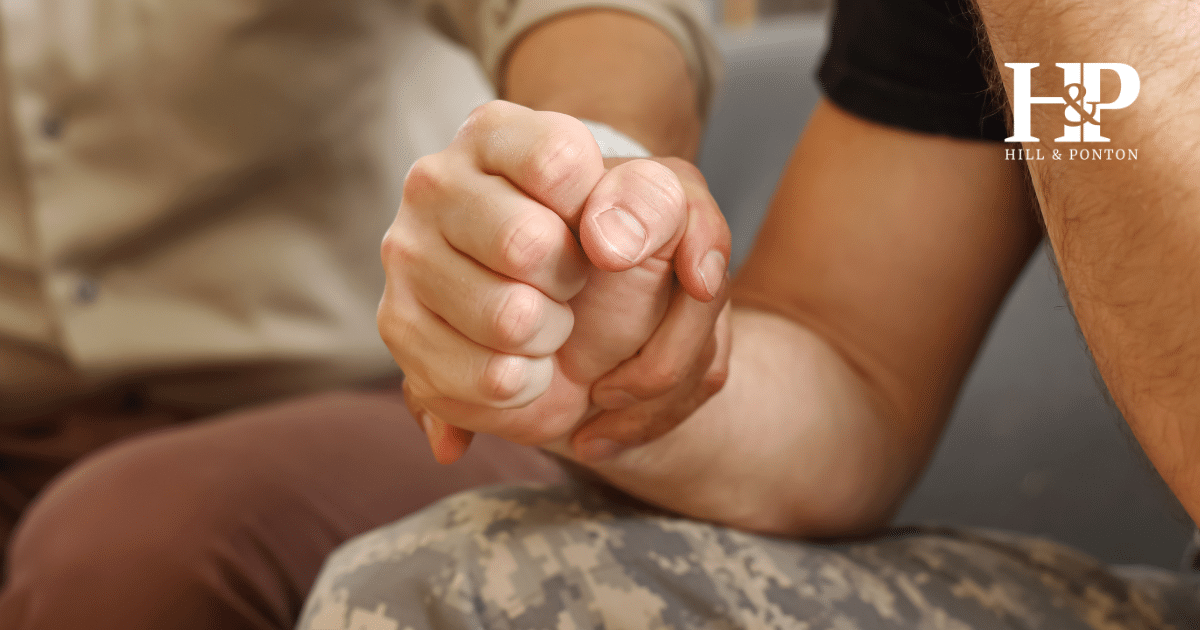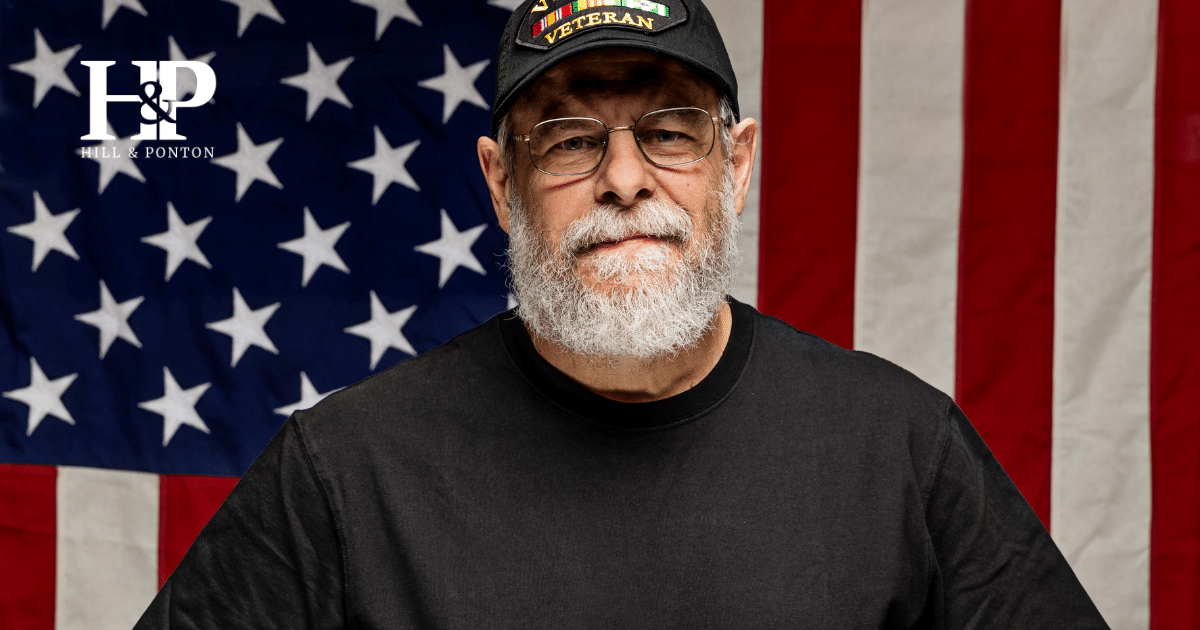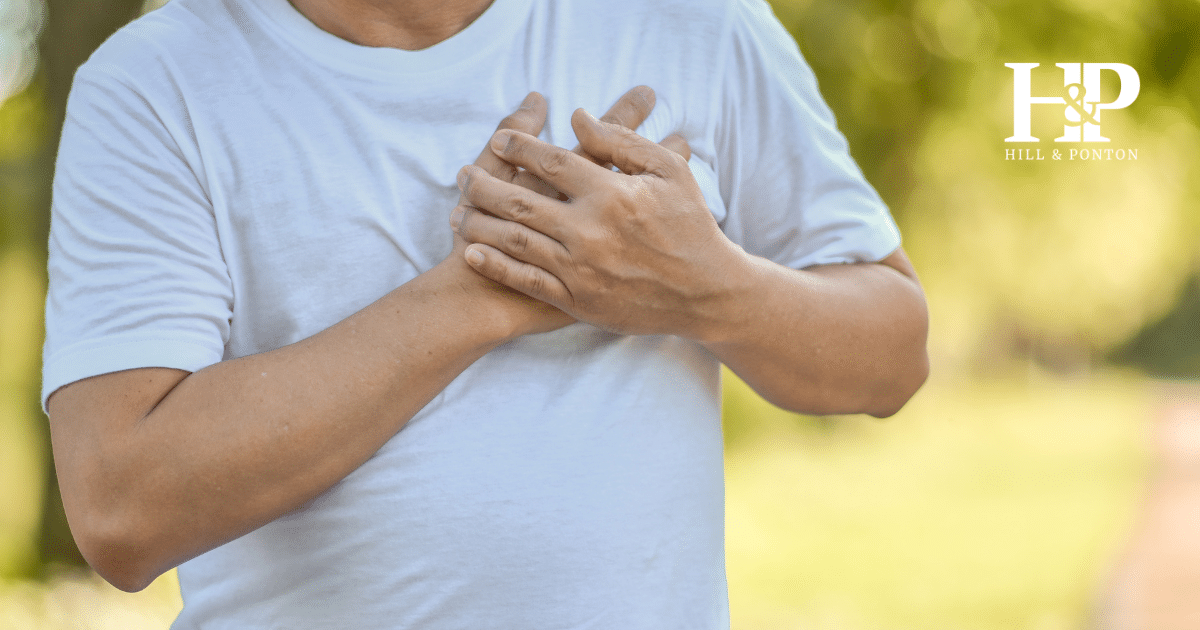The Fourth of July is usually a time of celebration in the United States – marked by barbecues, parades and, perhaps most notably, beautiful fireworks displays, but for some veterans and their families, these festivities can bring about significant stress and anxiety due to PTSD.
The explosions in the night sky that are meant to symbolize and celebrate the birth of a nation many have fought to protect can ironically trigger traumatic memories for those who have lived through times of combat.
Loud and often jarring sounds, flashes of bright light and even the smell of gunpowder and smoke residue, can remind veterans of the very experiences that triggered their mental health concerns in the first place.
It’s important to understand that while these celebrations are meant to honor the brave men and women who gave their lives to protect our nation, we as a nation should recognize the irony of these displays, in an effort to foster empathy and a supportive environment for our veterans.
How Fireworks Affect Veterans with PTSD
Even though fireworks are meant for entertainment and joyous occasions, it’s not uncommon for the sounds, the intense light and scents, to cause distress in some.
Veterans, specifically those who have gone through traumatic events that included explosions, gunfire, loud sounds or fire, may be likely to find these events triggering.
According to the U.S. Department of Veterans Affairs National Center for PTSD, there are various ways a veteran may feel or react when exposed to fireworks:
- Stress reactions to the explosive sounds
- Physical/Emotional reactions to the jarring bright and flashing lights
- Feeling on edge or excessively jittery
- Feeling easily startled or extra jumpy by sounds
- PTSD flashbacks, where they experience the traumatic event again
- Feeling numb, cold or emotionally distant during these celebrations
- Feeling as if you are out of control of the situation or blindsided by it
- Using sometimes dangerous coping mechanisms, such as drugs and alcohol, to help keep unwanted thoughts and memories at bay
Those who are more familiar with some of the key symptoms of Post-Traumatic Stress Disorder (PTSD), may realize that many of these signs of distress are also signs of hyperarousal.
Hyperarousal is a severe symptom of PTSD that causes a person’s flight-or-fight-or-freeze response to be perpetually turned on and a constant state of tension and anxiety.
This can lead to many additional undesirable effects, including paranoia, irritability and the inability to get proper sleep.
Depending on how severe the state of hyperarousal is, a person’s whole life could be dramatically impacted, as well as the lives of the individual’s closest to them.
Tips for Veterans and Their Loved Ones to Cope with Fireworks
Veterans and their loved ones can take steps to help manage how fireworks and similar experiences impact their well-being.
Learning how to recognize that these trauma reminders, while sometimes very distressing, can get easier to manage with planning, practice and when put in the right context.
Here’s a list of ten helpful tips to help veterans turn their “triggers,” or the reminders that set off automatic mental and physical reactions, into “cues” – reminders that someone can respond to in a way that feels safe and healthy.
#1 Plan Ahead
Preparation is often key. Veterans should be aware, at least as much as they are able, when and where fireworks will occur in their community, to help avoid being caught off guard.
Family members and friends can assist by researching local events and sharing them in advance.
#2 Create a Safe Space
Having a quiet, comfortable space at home can often help veterans feel more secure. This space should be away from windows and doors to help minimize the sounds and light from fireworks.
#3 Use Noise-Canceling Headphones
Noise-canceling headphones or earplugs can significantly reduce the impact of loud explosions. Listening to calming music or white noise can also help drown out the sound of nearby fireworks.
#4 – Practice Grounding Techniques
A common skill that is introduced to patients who underwent significant trauma in behavioral talk therapy, is grounding.
It is a practice that allows individuals to pull away from flashbacks, unwanted memories and challenging emotions, and instead refocus the mind on the present moment.
There are many grounding techniques, such as deep breathing exercises, progressive muscle relaxation and mindfulness, that can help veterans stay present and reduce anxiety. Practicing these types of skills regularly can make them more effective during stressful events.
#5 – Seek Social Support
Many veterans often enjoy and flourish in the company of other veterans.
Encouraging them to connect with those who served, or other supportive friends and family members, can provide a sense of community and understanding. Sharing experiences and coping strategies can oftentimes be incredibly beneficial.
#6 – Avoid Alcohol and Caffeine
While coffee is a common morning treat, and alcohol isn’t unheard of during celebrations like the Fourth of July, both can increase anxiety levels and interfere with sleep, exacerbating PTSD symptoms.
Encouraging veterans to avoid these types of substances, especially during fireworks displays, can help manage the stress caused by these events.
#7 – Use Technology Wisely
Watching fireworks displays on television or through live streaming can help provide a controlled environment where veterans can enjoy the celebration without the overwhelming stimuli.
If this is a favorable option, it offers a lot of control and flexibility for everyone involved.
#8 – Educate Your Community
Raising awareness about how fireworks impact veterans and their families can potentially lead to more considerate celebrations, or at the very least, begin fostering a conversation about change.
Sharing information with neighbors, friends and local event organizers can encourage different strategies that will ultimately benefit everyone.
Remember, there are others, in addition to veterans, who can be triggered by fireworks and loud celebrations including:
- Individuals with Autism Spectrum Disorder (ASD)
- Individuals with Anxiety Disorders
- Pets and Animals
- Young Children
- Elderly Individuals
- People with Migraines or Chronic Pain
- Refugees and Immigrants from War Zones
#9 – Stay Indoors
Staying indoors with windows closed and curtains drawn, can help minimize the sound and light from fireworks.
Engaging in indoor activities, like watching a movie or playing games, can also serve as a great distraction.
#10 – Seek Professional Assistance
If fireworks and similar celebrations continuously trigger severe PTSD symptoms, consider seeking professional help.
Therapists, counselors and psychiatrists can offer coping strategies and other therapeutic interventions tailored to individuals needs.
The Veterans Crisis Line is also available 24/7 at 988 (then Press 1), if emergent assistance is necessary.
Understanding the impact of fireworks on veterans with PTSD is essential for fostering a supportive and adaptive environment.
By recognizing the irony of these often triggering displays of celebration, and taking steps to minimize the negative effects, we can help everyone, including veterans, enjoy Independence Day and other holidays more comfortably.
For further information about the impacts of fireworks on veterans with PTSD, visit the VA’s website.
Join Thousands of Veterans!
Get the weekly newsletter that has helped veterans all over the country in the fight for their rightful benefits
join for free



